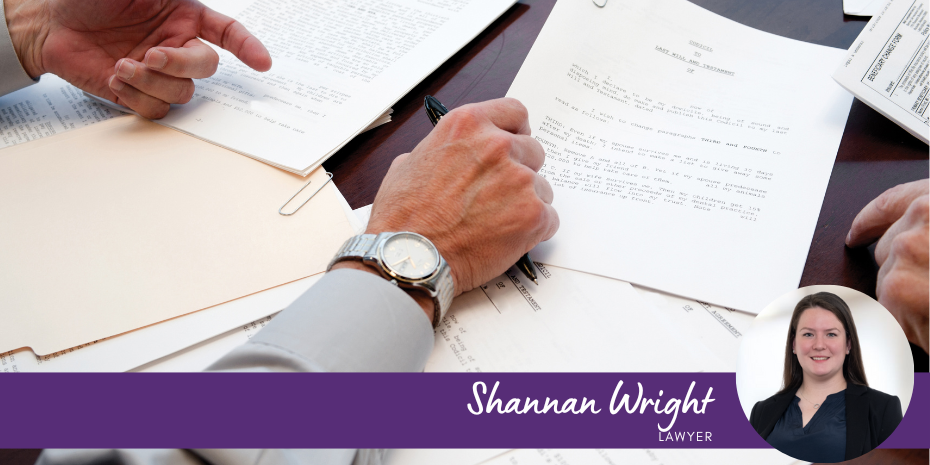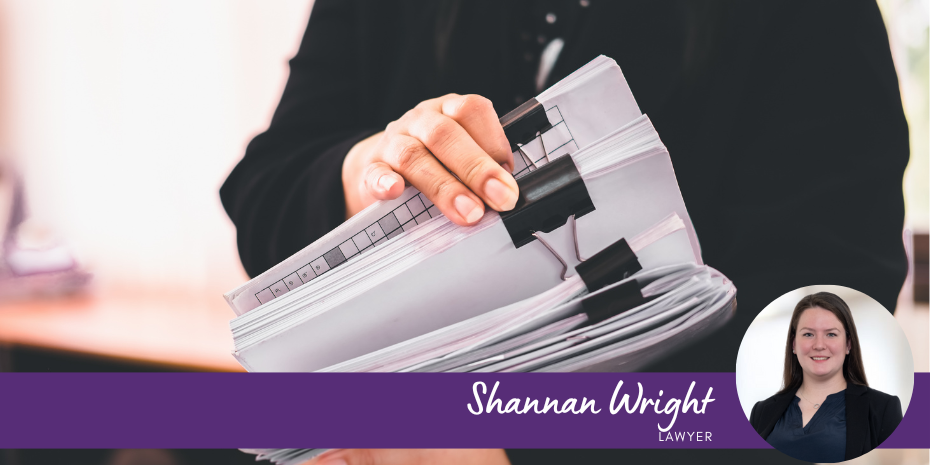KEY TAKE-OUTS:
- An eligible person can make a claim for further provision if they feel they have not been adequately provided for in your Will.
- Joint assets will not form part of your estate and will not be dealt with via your Will.
- Nominations direct to loved ones can be made in relation to your superannuation and insurance policies.
- Transfers in lifetime and monies held in trust can be useful but may have tax or Centrelink consequences.
As most people are aware, in New South Wales, you can write a Will leaving your home, possessions and cash to whomever you choose.
You may not be aware however that despite your intentions and what is written in your Will, certain eligible people are entitled to make a claim against your estate if they feel they have not been adequately provided for in your Will.
There are however ways to minimise the prospect of a claim to ensure that your estate passes to your chosen loved ones and not to people eligible to make a claim with whom perhaps you no longer have a relationship.
How can I protect my estate?
Joint assets
Assets which are held jointly with another person (such as real estate and bank accounts) do not form part of your estate and instead pass automatically to the other joint owner who survives you.
If for example, you are married or in a de facto relationship, but your home or bank account is held in your name only and you wish for your partner to receive the house or bank account on your death, you may wish to consider transferring it into joint names while you are alive.
This jointly held asset would not be included in your Will and would not form part of your estate.
Superannuation
If you are a member of a superannuation fund, you can usually complete a binding death nomination stating who is to receive your superannuation entitlement on your death. The superannuation fund will pay the monies directly to the person/s nominated and not to your estate.
If, however you nominate your estate to be the beneficiary of your superannuation, it will form part of your estate and could be subject to a claim for further provision from your Will.
If you do not complete a binding nomination, the superannuation fund decides who your superannuation goes to, and it may decide to pay the entitlement to your estate which could then become subject to a claim.
Insurance
Similarly, if you have nominated someone to receive the proceeds of your insurance policy, it will be given directly to that person by the insurance provider and not to your estate.
If, however you do not nominate anyone as your beneficiary in the policy, the proceeds will generally go back to the policy holder (you) and pass to your estate for distribution in accordance with your Will.
Transfer in Lifetime
You may think that one solution to avoid a person making a claim for provision against your estate is to minimise what is in your estate by gifting your assets instead during your lifetime.
Although it is possible, you do have to be careful, as this could trigger tax consequences, such as stamp duty on the transfer of real estate (if the transfer is not your home and the person you are transferring to is not your spouse/partner), as well as capital gains tax on investment properties or shares.
Another important consideration is the possible effect on your Centrelink entitlements if you gift assets in your lifetime. Centrelink has strict rules about how much you can gift before it reduces your entitlements or even cancels your entitlements altogether.
Monies in a family trust
If monies are held in a family trust, they are held by the trustee not you personally. The trust is not considered to be your legal asset. The money in the trust is therefore not capable of being left by you in your Will.
Exceptions
Although the above are important strategies to hopefully minimise the risk of a claim against your estate, there are provisions in the NSW legislation which allow in limited circumstances, the assets described above to be considered “notional estate” in a claim brought against your estate.
In other words, notwithstanding that those assets are outside of your estate, they are notionally added back into the estate by the court for the purpose of deciding whether a claim should be successful.
As this area of law is complex, we strongly recommend that you obtain legal advice. The friendly lawyers in Coutts Estate Litigation team are experienced in these matters and happy to have an initial consultation with you. Please call us today.
For further information please don’t hesitate to contact:
info@couttslegal.com.au
1300 268 887
Contact Coutts Lawyers & Conveyancers today.
This blog is merely general and non-specific information on the subject matter and is not and should not be considered or relied on as legal advice. Coutts is not responsible for any cost, expense, loss or liability whatsoever in relation to this blog, including all or any reliance on this blog or use or application of this blog by you.



